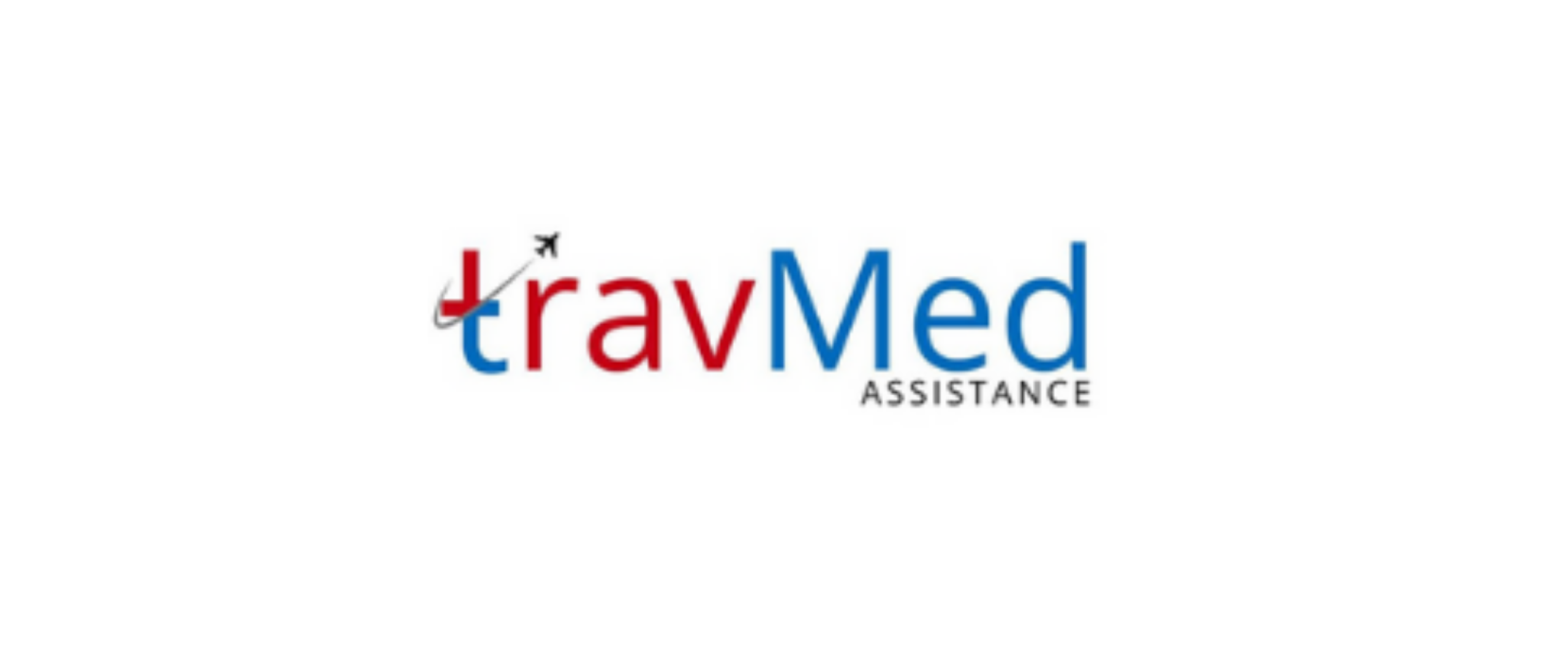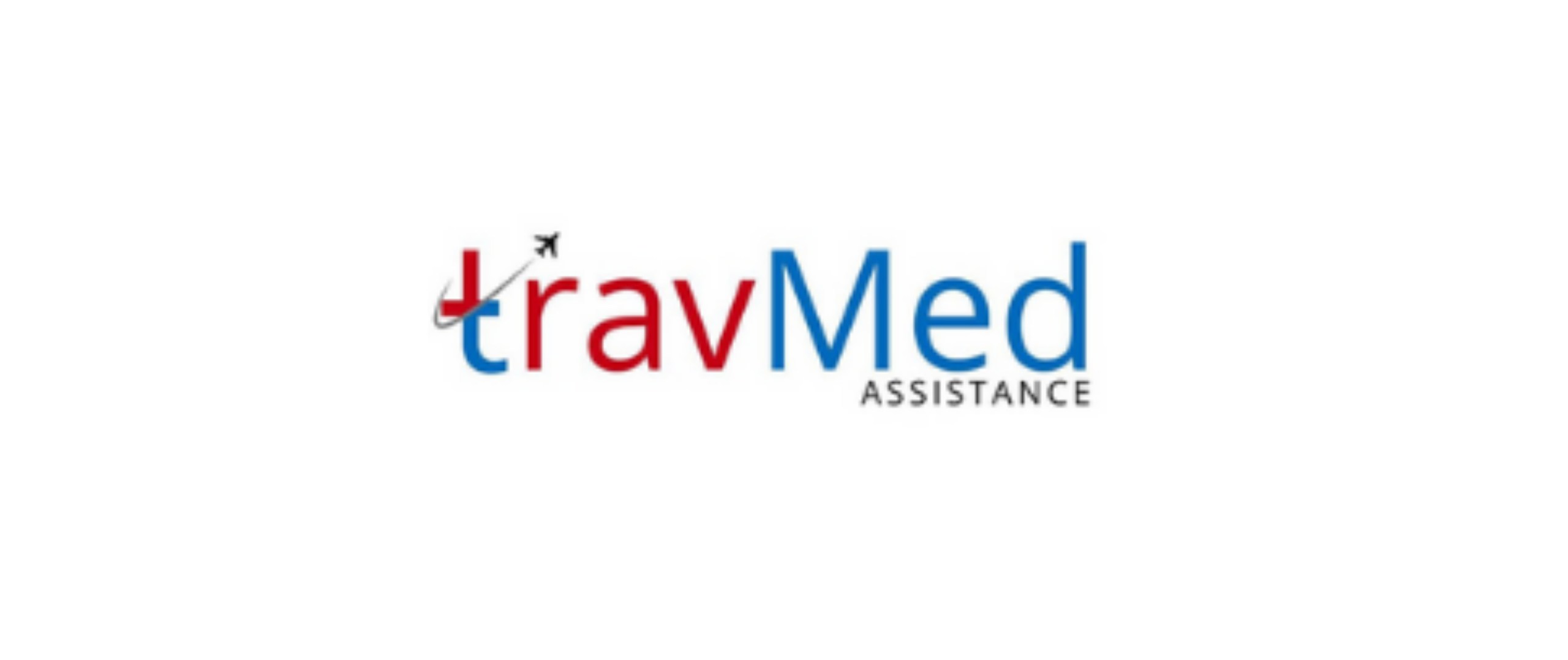
Foreign patients traveling to Nepal for medical treatment should plan their trip carefully. Research reputable hospitals and clinics in advance, and schedule appointments before arrival. Pack all necessary medical records, prescriptions, and medications. Arrange appropriate travel insurance that covers medical emergencies and evacuation. Be aware of Nepal’s climate and pack suitable clothing. Stay hydrated and take precautions with food and water to avoid illness. Allow extra time in your schedule for rest and recovery. Familiarize yourself with local customs and etiquette. Learn a few basic Nepali phrases to communicate with locals. Carry contact information for your embassy or consulate. Be prepared for potential transportation and infrastructure challenges, especially outside major cities.
Who provides travel support for foreign patients in Nepal?
Several organizations offer travel support for foreign patients in Nepal. The Nepal Tourism Board provides general travel information and assistance. Many hospitals and clinics in Nepal have dedicated international patient departments that can help arrange visas, accommodation, and local transportation. Medical tourism agencies specialize in coordinating all aspects of medical travel to Nepal. Some travel insurance companies offer concierge services for medical tourists. Embassies and consulates can provide emergency assistance and information. Local tour operators often have experience assisting medical travelers. Non-profit organizations focused on healthcare access in Nepal may offer support services. Some hotels in medical hubs like Kathmandu have staff trained to assist foreign patients.
How can I manage medical needs while traveling?
Managing medical needs while traveling in Nepal requires careful planning and preparation. Carry a sufficient supply of all necessary medications, plus extra in case of travel delays. Keep medications in their original labeled containers to avoid customs issues. Bring a copy of all prescriptions and a letter from your doctor explaining your medical conditions and treatments. Research the availability of your specific medications in Nepal and consider bringing alternatives if needed. Pack a basic first aid kit for minor health issues. Stay hydrated and be cautious with food and water to prevent illness. Get required vaccinations before travel. Carry medical alert jewelry or cards if you have serious health conditions. Know how to describe your medical needs in simple terms or key phrases in Nepali.
What documents are needed for medical travel?
Foreign patients traveling to Nepal for medical treatment need several essential documents:
- Valid passport with at least 6 months validity
- Nepali visa (can be obtained on arrival for many nationalities)
- Letter from home doctor explaining medical condition and treatment plan
- Copies of recent medical records, test results, and imaging studies
- Prescriptions for all current medications
- Travel insurance policy documents
- Appointment confirmation from Nepal hospital or clinic
- Proof of funds or financial guarantee for medical expenses
- International vaccination certificate (if required)
- Power of attorney for medical decisions (if desired)
- Emergency contact information
- Copies of all important documents stored separately
How do I ensure access to medical care in Nepal?
To ensure access to medical care in Nepal, research and choose reputable healthcare facilities in advance. Contact the hospital’s international patient department to arrange appointments and discuss your medical needs. Verify that the facility has experience treating your specific condition and the necessary equipment and specialists. Arrange for a local medical liaison or translator if needed. Carry all relevant medical records and a letter from your home doctor. Have a plan for emergency medical care, including knowing the location of the nearest hospital to your accommodation. Carry your travel insurance information and understand what it covers. Keep emergency contact numbers readily available, including your embassy and local emergency services. Consider registering with your embassy for additional support if needed.
How do I prevent health issues during travel?
Preventing health issues while traveling in Nepal involves taking several precautions:
- Get all recommended vaccinations before travel
- Drink only bottled or boiled water
- Avoid raw or undercooked foods
- Use hand sanitizer frequently
- Protect against insect bites with repellent and appropriate clothing
- Acclimatize gradually to high altitudes
- Wear sunscreen and protective clothing
- Practice good hygiene, especially in public places
- Get adequate rest and avoid overexertion
- Be cautious when participating in adventure activities
- Avoid contact with animals to prevent rabies risk
- Carry a basic first aid kit for minor issues
- Stay informed about any local health advisories or outbreaks
How can I stay connected with healthcare providers?
Staying connected with healthcare providers in Nepal requires proactive communication and planning. Obtain direct contact information for your treating physicians and the international patient department. Arrange for a local phone number or ensure your international plan works in Nepal. Use secure messaging apps or email for non-urgent communication. Schedule regular check-ins or follow-up appointments in advance. Keep a record of all interactions with healthcare providers. If language is a barrier, arrange for a medical translator or use translation apps. Familiarize yourself with the hospital’s patient portal or electronic health record system if available. Establish a plan for sharing updates with your home healthcare team. Consider using telemedicine services for consultations with specialists back home if needed.
Are language barriers an issue for foreign patients?
Language barriers can be a challenge for foreign patients in Nepal, but many healthcare facilities are prepared to assist. English is widely spoken in major hospitals and clinics, especially those catering to international patients. However, proficiency levels may vary among staff. Many facilities offer interpreter services for common languages. It’s advisable to learn key medical terms and phrases in Nepali before travel. Carrying a medical phrase book or using translation apps can be helpful. Visual communication tools, such as picture boards, are often available in hospitals. Some facilities have multilingual staff or can arrange for telephone interpretation services. It’s important to confirm language support options when scheduling appointments. For complex medical discussions, consider hiring a professional medical interpreter to ensure accurate communication.
How can I find specialized medical care in Nepal?
Finding specialized medical care in Nepal requires research and planning. Start by consulting medical tourism agencies or international patient departments of major hospitals in Nepal. They can provide information on available specialties and experienced doctors. Online directories of Nepali healthcare providers can be helpful resources. Seek recommendations from your home doctor or medical associations for reputable specialists in Nepal. Check the credentials and experience of potential doctors, including their training and international affiliations. Consider hospitals accredited by international organizations like JCI for high standards of care. For rare conditions, contact patient advocacy groups for recommendations. Some specialized treatments may only be available in major cities like Kathmandu or Pokhara. Telemedicine consultations with Nepali specialists can help determine if appropriate care is available before travel.
What should I know about medications during travel?
When traveling to Nepal with medications, several factors should be considered:
- Bring enough medication for the entire trip, plus extra in case of delays
- Keep medications in original labeled containers to avoid customs issues
- Carry a copy of all prescriptions and a doctor’s letter explaining the need for medications
- Check if your medications are legal in Nepal; some may be restricted
- Research the availability of your medications in Nepal as a backup
- Be aware that some medications may have different names or formulations in Nepal
- Store medications properly, considering temperature and humidity
- Carry essential medications in your carry-on luggage
- Be cautious about buying medications in Nepal due to potential counterfeit risks
- Understand how time zone changes might affect medication schedules
- Consider medical alert jewelry for critical medications or conditions
Are medical services available 24/7 in Nepal?
Medical services are available 24/7 in Nepal, particularly in major cities and at larger hospitals. Emergency departments at major hospitals in Kathmandu, Pokhara, and other urban centers operate round-the-clock. Many private hospitals and clinics offer 24-hour services for both emergencies and inpatient care. However, availability of specialized services may be limited during night hours. In rural areas, 24/7 medical care may be more challenging to access. Some hospitals have 24-hour pharmacies on-site. Ambulance services are available in urban areas, though response times can vary. For minor issues, some hotels can arrange for a doctor to visit at any hour. It’s advisable to research and note the contact information for 24-hour medical facilities near your location in Nepal. Travel insurance often includes 24/7 assistance hotlines for medical emergencies.
How do I prepare for possible emergencies abroad?
Preparing for possible medical emergencies in Nepal involves several steps:
- Purchase comprehensive travel insurance with medical coverage and evacuation
- Research and note contact information for local hospitals and emergency services
- Carry a card with emergency contacts, blood type, and any allergies or conditions
- Learn basic first aid and CPR before travel
- Pack a well-stocked first aid kit
- Familiarize yourself with local emergency numbers (102 for ambulance in Nepal)
- Register with your embassy or consulate for emergency assistance
- Carry copies of important medical documents and insurance information
- Establish a communication plan with family or friends back home
- Understand your blood type and any medical conditions in simple terms
- Consider carrying a medical alert bracelet for serious health conditions
- Have a plan for accessing funds in case of unexpected medical expenses


